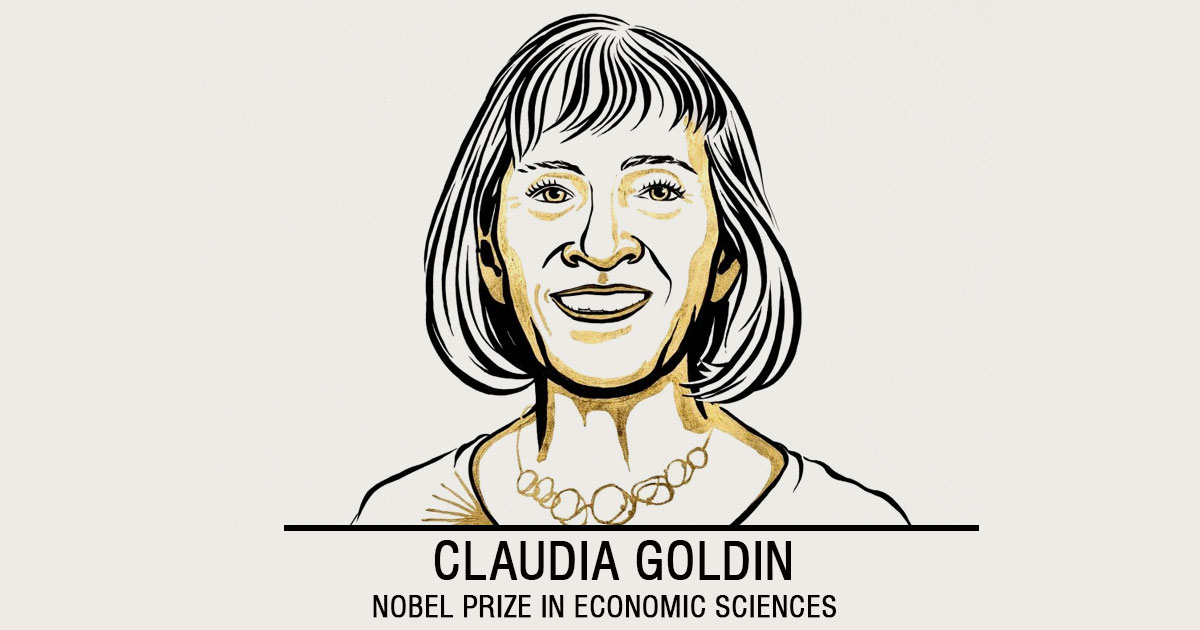On October 2, 2023, the Royal Swedish Academy of Sciences jointly awarded the 2023 Noble Prize for Medicine or Physiology to Hungarian Dr. Katalin Karikó and American Dr. Drew Weissman for discovering mRNA Vaccines against COVID. Katalin and Weisman were awarded the Nobel Prize for “discovering the critical nucleoside base modifications that aided the development of effective mRNA vaccines against COVID-19”.

Since the 1990’s, Dr.Katalin and Dr.Weissman have been researching in vitro synthetic mRNA technology at the University of Pennsylvania. In 2005, the seminal research paper of the duo elucidated how they delivered the modified mRNA into a body and triggered a response which would illuminate the immune system for the anticipated viral infections. Aftermath, substantial research into mRNA vaccines solved the body’s inflammatory responses. The developed technology was hastened to produce a mass rollout of the vaccine during the COVID-19 pandemic.
How do mRNA vaccines works?
Firstly, researchers using the virus’s genetic code altered it into a vaccine and injected it into a patient. Secondly, the vaccine infiltrates the body’s cells, entreating them to produce the coronavirus spike protein. Subsequently, the body responds by producing antibodies and activates T-cells to decimate the cells possessing the spike protein. Thirdly, if the patient later encounters coronavirus, the antibodies and T-cells are activated to confront the virus.
Novel Concept
Within the confines of cellular structures, the genetic material contained within deoxyribonucleic acid (DNA) undergoes a process wherein it is transcribed into messenger ribonucleic acid (mRNA). This mRNA molecule then serves as a blueprint for the synthesis of proteins. Despite many difficulties, Katalin, a Hungarian biochemist, dedicated her efforts to advancing mRNA-based therapeutic approaches. Weissman an immunologist who has made significant contributions to the dendritic cells, a cell type that plays a crucial role in immunological surveillance and the stimulation of immune responses triggered by vaccines. Motivated by novel concepts, a productive partnership swiftly commenced, centring on examining the interactions between various RNA classifications and the immune system.
Over the period, Karikó and Weissman observed that dendritic cells exhibit recognition of in vitro-produced mRNA as an exogenous entity, resulting in their subsequent activation and ensuing expulsion of inflammatory signalling chemicals. The researchers were curious why the in vitro-generated mRNA elicited an immune response, whereas mRNA derived from mammalian cells did not elicit a similar reaction. Eventually, Karikó and Weissman identified the necessity for distinct characteristics to differentiate various mRNA types.
The inquiry arose about whether the lack of modified nucleotides in the RNA generated in vitro could account for the undesired inflammatory response. In order to conduct the investigation, the researchers developed several mRNA variations, each possessing distinct chemical modifications in their nucleotide bases. These modified mRNA molecules were subsequently administered to dendritic cells.
The findings were remarkable: The inclusion of base changes in the mRNA led to a near-complete elimination of the inflammatory response. As mentioned above, the event marked a significant shift in our comprehension of cellular mechanisms for identifying and reacting to diverse mRNA variations. Karikó and Weissman expeditiously grasped the enormous implications of their discovery in relation to the therapeutic application of mRNA. The seminal findings were officially documented in 2005, a decade and a half prior to the onset of the COVID-19 global health crisis.

Panacea to Global Pandemic
The mRNA study by Weissman and Karikó emerged as a prominent contender and foundation for developing vaccines against SARS-CoV-2 as it started to disseminate globally. According to Weissman, the mRNA vaccination technique possesses various advantages. Merely a sequence of the primary pathogen was sufficient, as opposed to a physical fragment or whole viral entity. The process of cultivating a virus and subsequently rendering it inactive is not feasible. Further, Weissman articulated that the simplicity of the technique can be attributed to the straightforward nature of the enzymatic reaction. The time span between the release of the sequence and the administration of the vaccine to the initial patients was two months.
In a 2021 interview with Scientific American, Karikó stated that the transition to focusing on COVID was merely a technical matter. The task had already been completed. The clinical studies, production, and subsequent distribution of vaccinations experienced significant expansion as pharmaceutical companies successfully generated hundreds of millions of vaccine doses within a span of one year. The mechanism of action of mRNA COVID vaccines involves the administration of genetic material encoding the spike proteins of SARS-CoV-2, which are responsible for facilitating the attachment of the virus to host cells. The vaccine utilises modified mRNA that is internalised by cells, afterwards undergoing decoding processes to facilitate the synthesis of spike proteins. This mechanism enhances the immune system’s ability to discern and counteract the authentic virus during potential future infections.
In 2020, the emergence of the Covid-19 pandemic necessitated implementing several measures to mitigate its impact. Notably, the utilisation of mRNA vaccines played a significant role in curtailing the mortality rate associated with the disease. Collectively, the global administration of COVID-19 vaccine doses has surpassed 13 billion.
The Nobel laureates of this year have made significant contributions to understanding the crucial role of base changes in mRNA. Their foundational findings have played an imperative role in advancing this revolutionary development. Weissman and team promise that mRNA treatment will be available for sickle cell anaemia patients within a couple of years. And phase 1 vaccine trials are going for HIV, norovirus and malaria.
“We can expand therapeutics to the liver, lungs and brain; the potential is just enormous. The future is now.”
– Dr. Drew Weissman








[…] Also Read: Noble Prize in Medicine 2023: How Katalin and Weissman Developed Covid Vaccines […]